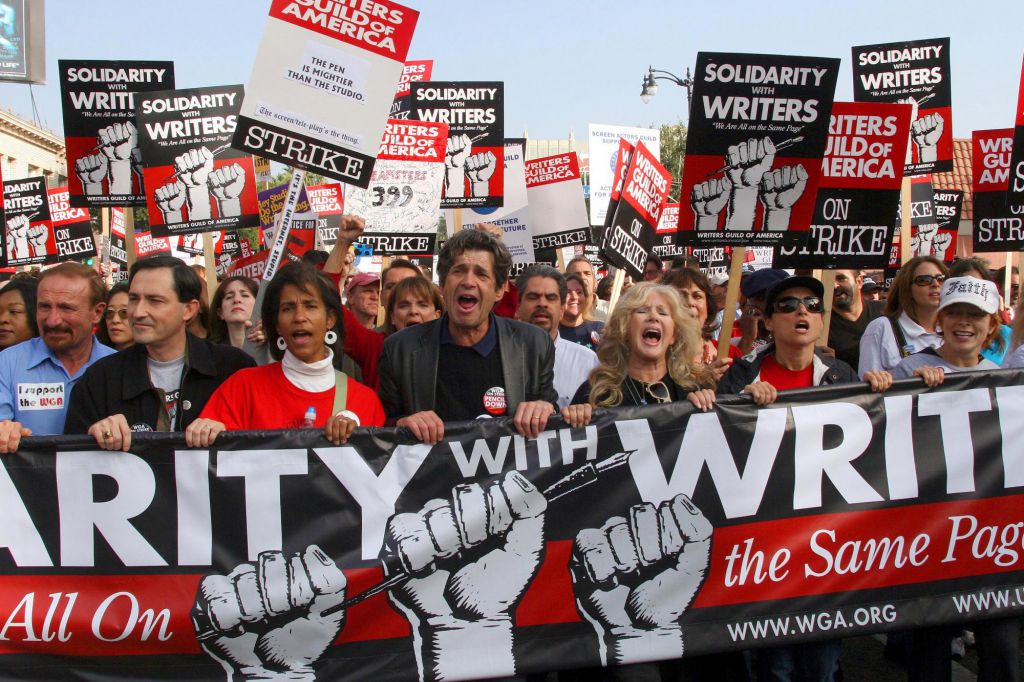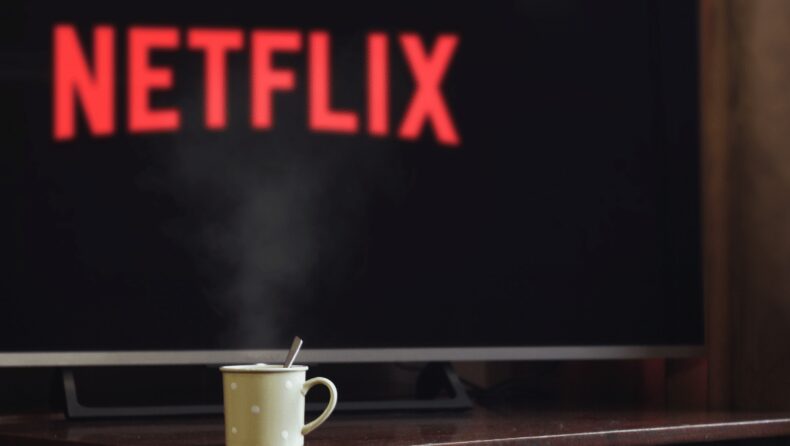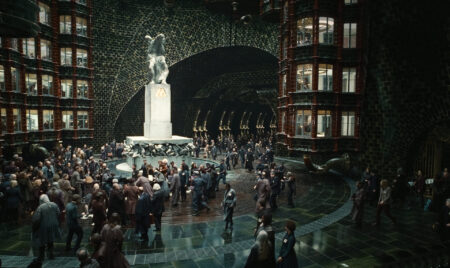The Writers Guild of America (WGA) West and East have gone on strike after failing to reach an agreement with major studios over the last six weeks. The writers have been seeking better compensation for their work. WGA decided to strike after the negotiating committee’s efforts failed to secure a satisfactory response.
The Writers Guild of America has started their first Hollywood strike in 15 years. This comes after six weeks of negotiations with major studios failing to reach a mutual consensus, with screenwriters requesting more pay for their work on cinema, television, and streaming productions, as well as royalty payments that reward authors when a show is a success.
They have been battling for a larger share of the profits from streaming, and if the boycott advances, TV and film production in California and the East Coast will certainly come to a standstill. Topical television programs such as late-night talk shows, are expected to bear the brunt of the strike since they will struggle to stay alive without writers to come up with quality material swiftly.
Table of Contents
What does this mean for the TV and Film Industry?
Streaming services like Netflix may be able to avoid any immediate consequences since they have access to foreign-language programs and production outside of the United States. However, should the strike continue, the start of the fall broadcasting season may be delayed. A lengthy strike could result in more unscripted reality shows and news outlets filling out the evening broadcast schedule.
Late-night shows like “The Tonight Show Starring Jimmy Fallon,” “Last Week Tonight with John Oliver,” and “Saturday Night Live,” are expected to immediately stop production. Long-running productions such as CBS’s ‘NCIS’ and reality TV shows such as “The View” are also likely to be disrupted.
The WGA also wants protections in place to prevent studios from utilizing AI to come up with new scripts based on earlier work by writers. Writers also wish to avoid being asked to revise the scripts generated by AI.
Background
The previous WGA strike of 2007, lasted almost 100 days. TV networks aired reruns and more reality television programs, this cost the California economy a loss of $2.1 billion. The Alliance of Motion Picture and Television Producers (AMPTP), a labour organisation that represents major studios and negotiates the union contract on their behalf, claims that it is looking for a fair and equitable contract.
The negotiations took place amid a challenging economic background for the industry. Wall Street is putting pressure on entertainment giants to make their online streaming services viable after spending billions of US dollars on content to attract members. They are also dealing with diminishing television ad revenue since conventional TV audiences have declined and advertisers have reduced their level of investment

More Strikes on hand?
The WGA strike comes amid broader struggles in the entertainment industry. Actors have also been negotiating with producers in a separate labour dispute, with the possibility of a strike if talks fail. Producers for TV commercials and music videos are also set to meet with union representatives later in the week, with a strike deadline of 18 May.
Almost 98% of the 11,500 screenwriters of the WGA voted in favour of the strike. The film and television studios, as well as Hollywood writers, are rushing to agree on a new contract that can replace the one that ends on May 1st. The strike began on Tuesday. However, it remains to be seen how long the strike will last and the impact it will have on the entertainment industry.













